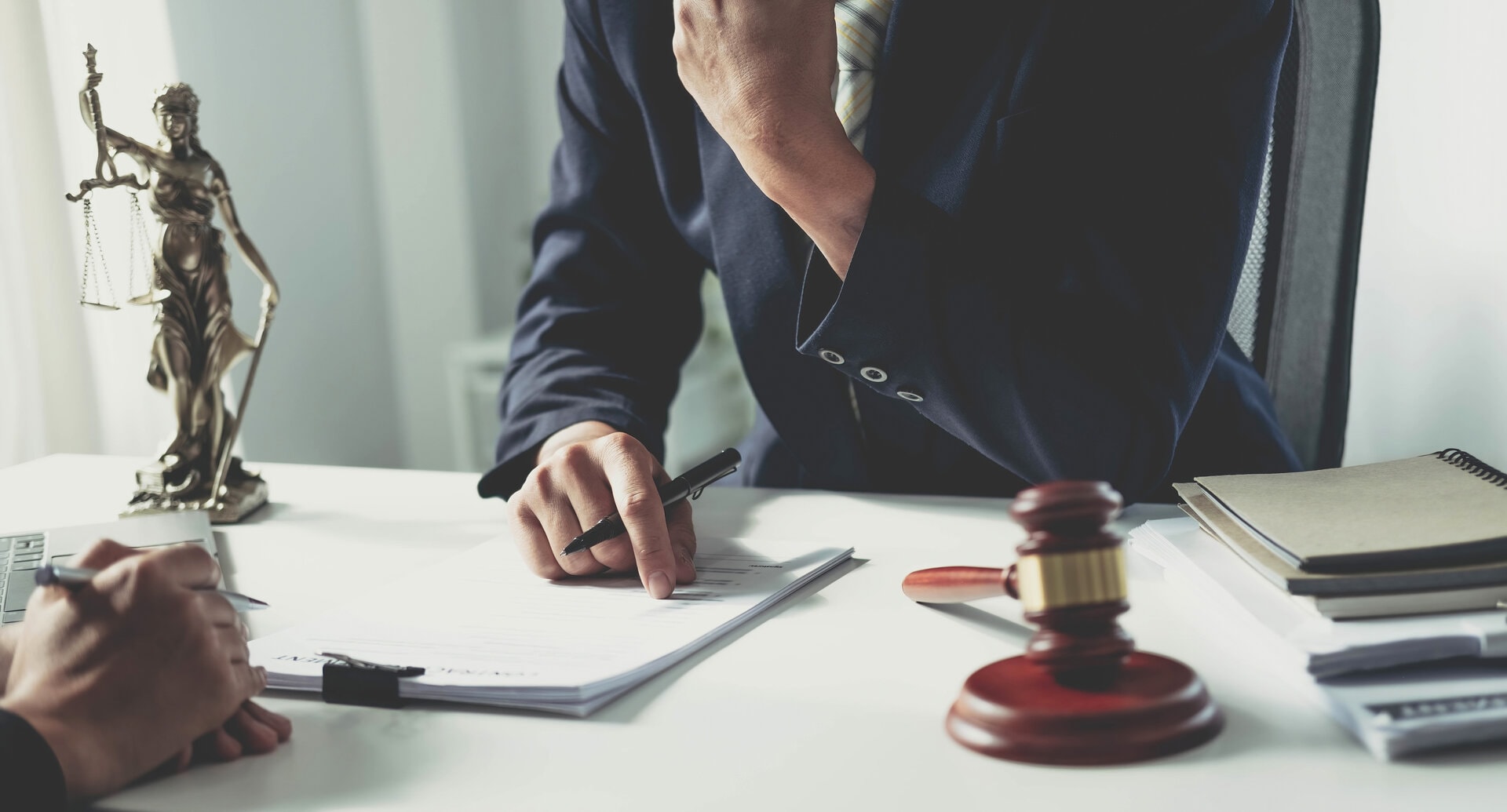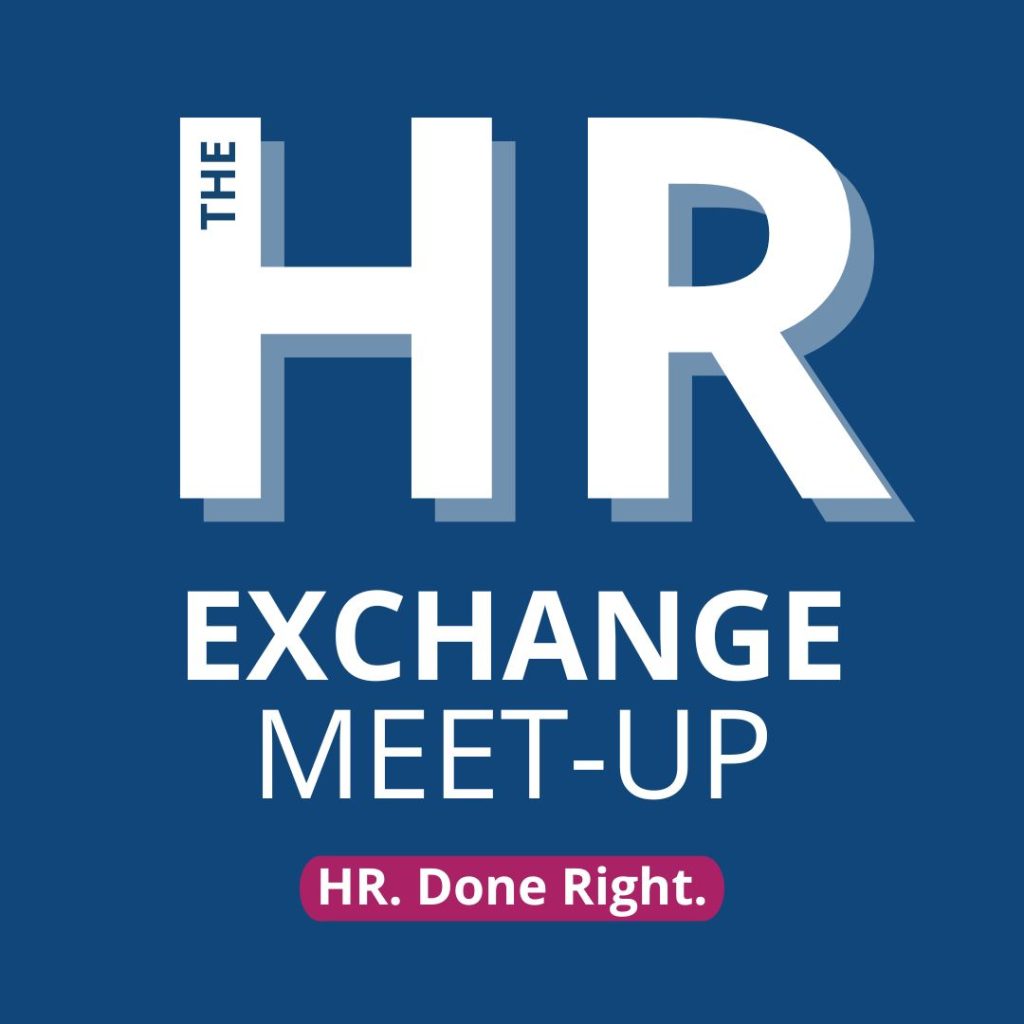Disciplinary
We can conduct your disciplinary and grievances hearing expertly, objectively and at a minimal cost.
What is a disciplinary hearing?
A disciplinary hearing takes place if the investigating officer or manager makes a recommendation that formal action should be taken. A grievance hearing is a meeting to consider a complaint made by an employee about some aspect of work.
The purpose of the hearing is to allow the employee to give their version of events and any mitigating factors in order that an outcome can be decided.
Get a FREE Consultation Today
For help and expert HR and employment law advice book a free consultation with one of our consultants today.







Our employment staff has years of expertise helping the residents of the Sheffield City Region , South Yorkshire and are professionals in their sector. We provide practical legal counsel so you may make the best choice for you and your circumstances.

Who should conduct the disciplinary hearing?
The short answer is that disciplinary decisions should be made by the person who the employer has held to be responsible for making decisions. This might be a Director or Trustee or a panel of people.
This decision-maker should be a manager and their role should be higher in the hierarchy of the organisation than the employee who is being disciplined.
Wherever possible, the disciplinary officer should not have been involved in either the investigation or the incident that has been investigated.
How should the hearing be structured?
A: It is really important that you get the structure of the meeting right, to ensure that you are following a robust process but also that the employee feels more comfortable.
- Introduce all the parties and explain their roles.
- Take the employee through each allegation and explain the evidence in support.
- Allow the employee to make representations and ask questions.
- The chair has the discretion to adjourn a meeting if further evidence is required.
- The chair should adjourn to consider the evidence and decide on an appropriate sanction if any. HR can advise but not decide.
- The outcome can be given at the reconvened hearing but should always be followed up in writing.


Deciding on an outcome
When making a decision, the disciplinary officer must have a genuine belief, based on reasonable grounds, that the employee is guilty of the alleged misconduct and that any sanction decided upon is fair and reasonable in the circumstances. For a grievance, all relevant evidence must be taken into outcome to decide if the grievance is to be upheld.
Whether the decision is given during the meeting or at a later date you should always communicate the decision in writing and amongst other things give the right of appeal.
What happens if you get it wrong?
It is incredibly important that you not only follow certain guidelines around organising the meeting but also that you conduct the meeting in a fair and reasonable way.
If a proper process is not followed when it comes to undertaking a disciplinary or grievance hearing you are at risk of an unfair dismissal claim succeeding in the event of a case going to an Employment Tribunal.


What help can we give to you?
As well as providing legal advice on any aspect of a disciplinary, our Employment Law and HR Adviser team includes HR disciplinary and grievance officers who can come in and conduct a disciplinary hearing for you, leaving you free to run your business.
Our disciplinary and grievance officers are trained to understand the important HR issues and to make sure disciplinary hearings are compliant from an employment law perspective – giving you the peace of mind that if any disputes arise you will be in the best position to deal with them.
We work on day and half day rates and remember, if you are a Watertight member, you get 10% off our fees. Call us on 0114 303 2300 or email [email protected] to discuss, in confidence, any issues which you need to resolve.
Upcoming Events & HR Training for Employers
As experienced HR Advisors and Employment Law solicitors we see first-hand how HR issues can affect both the employee and the employer.
Our training is very well received by attendees and is delivered by lawyers and HR advisors, with combined knowledge and expertise, in a practical way which works for your business.
Bhayani Law clients and charities get discounts on our training and some of our training is available at discounted rates with public funding between 40-100%.
Our events allow you to meet other businesses and build your connections, so do book if you want to come along.

Women in Business: How to Network
For some of you, it’s effortless. You walk into a room, you engage in friendly conversation and maybe have some...
- 6pm - 8.30pm
- June 26

Equality, Diversity & Unconscious Bias Half Day Training Course
The workshop is designed to be an interactive and informative session to equip all employees from junior members of staff,...
- 10:00am-1:30pm
- November 14

The HR Exchange Meet-up: Making emotional conversations easier in the workplace
Welcome to The HR Exchange. Founded in 2012 by Jay Bhayani to offer businesses and charities the opportunity to gain...
- 5:30pm-7:30pm
- March 19

International Women’s Day: #InspireInclusion
You are invited to join us to celebrate International Women’s Day 2024 with us on March 6 under the empowering...
- 9am - 11:30am
- March 6

Women in Business: How to Network
For some of you, it’s effortless. You walk into a room, you engage in friendly conversation and maybe have some...
- 6pm - 8.30pm
- June 26

Equality, Diversity & Unconscious Bias Half Day Training Course
The workshop is designed to be an interactive and informative session to equip all employees from junior members of staff,...
- 10:00am-1:30pm
- November 14

The HR Exchange Meet-up: Making emotional conversations easier in the workplace
Welcome to The HR Exchange. Founded in 2012 by Jay Bhayani to offer businesses and charities the opportunity to gain...
- 5:30pm-7:30pm
- March 19

International Women’s Day: #InspireInclusion
You are invited to join us to celebrate International Women’s Day 2024 with us on March 6 under the empowering...
- 9am - 11:30am
- March 6
Latest Customer Reviews

“Confusion into clarity”
“I am fairly sure that without Jay’s support, I would not have been able to see my way clearly out of the situation I was placed in by my former employer. She turned confusion into clarity, fear into power and, most importantly of all, massive stress into progress which was a relief beyond words.”
“A real relief”
“Jay and her team were able to explain to me stage-by-stage exactly what was happening. I was really supported throughout these hard times. My anxiety was alleviated with the reassurance and support given by the Bhayani Law team.”
“Proactive. Interactive. Supportive.”
“Proactive, interactive and supportive. Easy to communicate and to set the required legal advice and guidance. Very professional and transparent.”
“Very helpful and done in a friendly manner”
“I had a difficult employment dispute which had to be dealt with quickly. I spoke with Lindsey and within 5 hours we had a result. Her advice was very helpful and done in a friendly manner. Thank you for such a very fast and professional service.”
“Ultimate Professionals”
“A great service, can’t recommend highly enough. Ultimate professionals, thank you Jay and your team.”
“I received excellent service”
“I received excellent service, and Jay was understanding of my situation. She explained my options clearly, and supported me in my decision. Thank you.”

